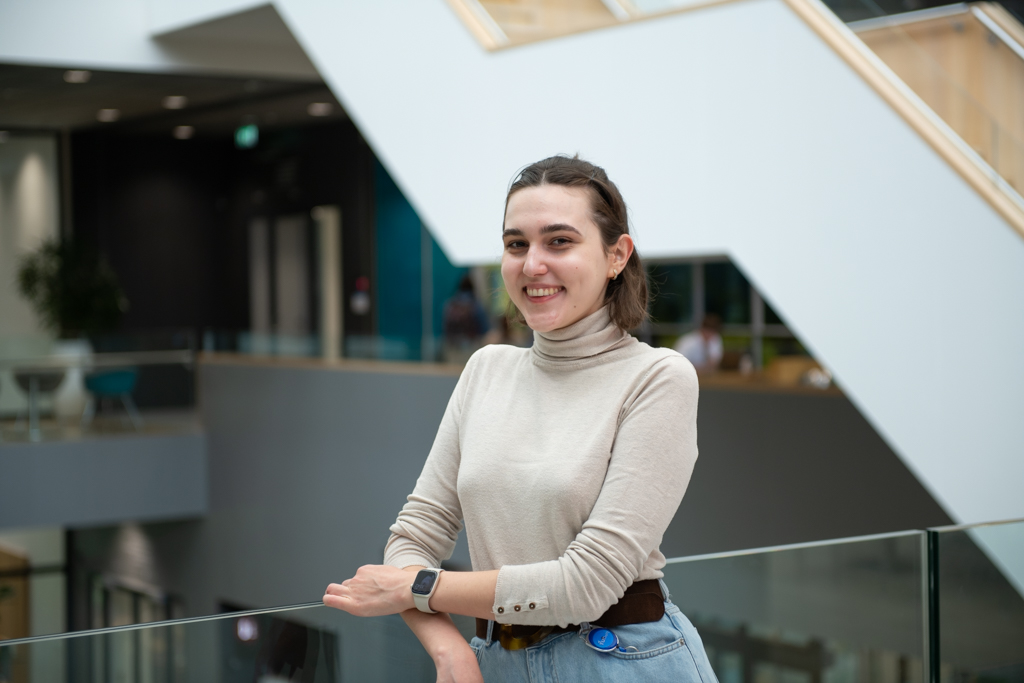Neuronal Biophysics
The brain is considered to be one of the most complex structures known to humanity, and yet all the brains that exist are made out of the same building blocks — neurons. These miraculous cells are responsible for every sensation and thought we ever experience. In particular, it is the communication of these cells that gives rise to our personalities, memories, and actions. Neurons are impacted in diseases like Alzheimer’s or Parkinson’s, underscoring the importance of understanding them for developing treatments.
In this course we will zoom onto these fascinating cells and explore them from both theoretical and experimental perspectives. Over six days, we will learn about the unique features of neurons, investigate their connections to other cells and raise the fundamental questions of how they communicate. We will further get acquainted with methods used in modern neuroscience and find out how these are utilised in a research setting. Can we connect individual neurons to observable behaviour? We will explore these topics through literature, short experiments and group discussions. Since the course is a combination of cellular biology and physics, a basic level of knowledge in both is valued, but not necessary.

Sara Banovska
Session D
Applied Earth Sciences
Sara Gašpar
Art Against the Mainstream
Štěpán Folget
Biological Psychiatry
Aleksa Petković
Categories of Political Science
Gosha Evlanov
Contagion: infectious disease and society
Jana Lohrova
Cross-cultural studies 101
Mwika Kiarie
Defending Human Rights
Mirek Crha
Medicine
Soňa Feciskaninová
Neuronal Biophysics
Sara Banovska
Positive psychology
Laura Opletalová
Sound, music, and science
Sol Johansen
Surveillance capitalism
Vašek Šmatera
Sustainable design
Mariana Ochodková
Theory of General Relativity
Bohdan Glisevic

